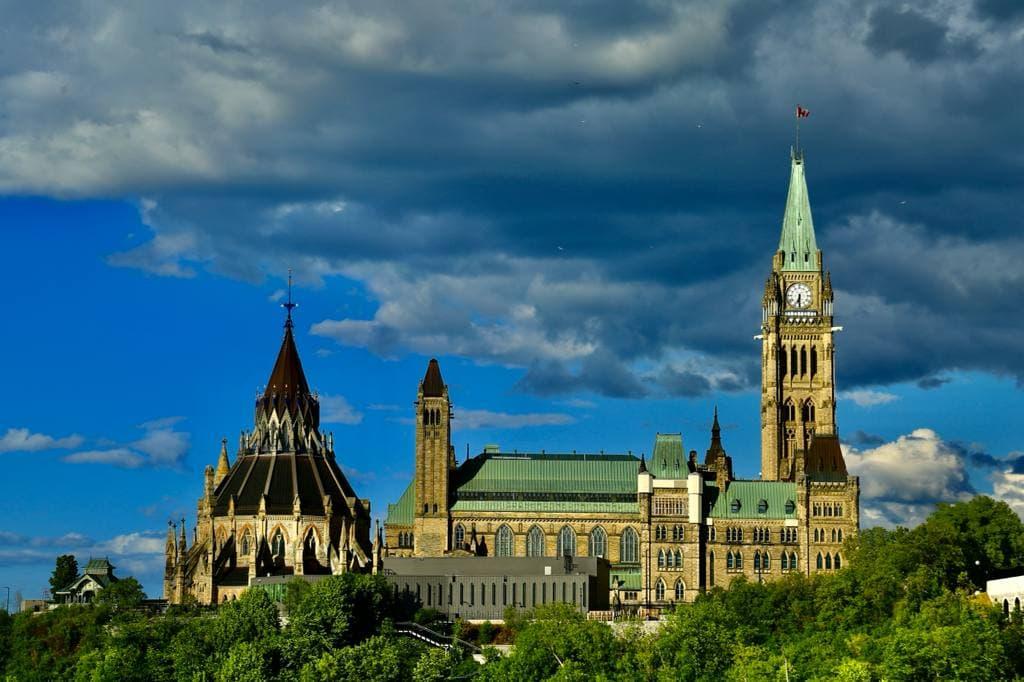A group of lawyers says the use of the Emergencies Act by the federal government is not warranted, and failing to meet its strict criteria before invoking it undermines the rule of law and civil liberties.
The motion was passed in the House of Commons on the night of Feb. 21. The act must also be passed in the Senate, where it is currently being debated. If senators fail to approve it, the order would be immediately revoked.





